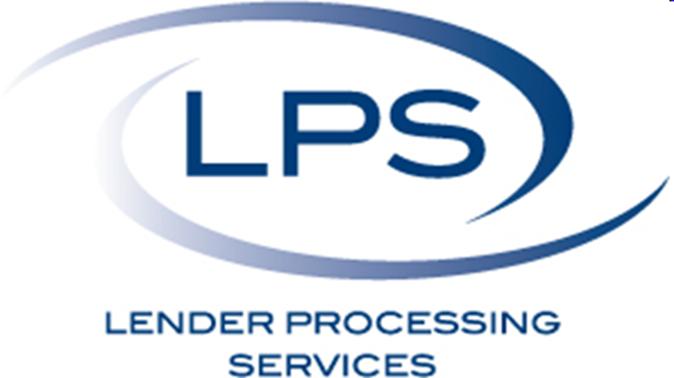
Multi-Billion-Dollar Class Action Suits Filed Against Lender Processing Services for Illegal Fee Sharing, Document Fabrication; Prommis Solutions Also Targeted
Welcome to our new readers from the FCIC.
Lender Processing Services, a crucial player in the residential mortgage servicing arena, has been hit with two suits seeking national class action status (see here and here for the court filings). If the plaintiffs prevail, the disgorgement of fees by LPS could easily run into the billions of dollars (we have received a more precise estimate from plaintiffs’ counsel). To give a sense of proportion, LPS’s 2009 revenues were $2.4 billion and its net income that year was $276 million.
These suits, one of which was filed late last week, the other Monday, appear to be the proximate cause for the sharp drop in LPS stock, which fell 5% on Friday and 8% Monday (trading was halted just prior to the close of the trading day).
Those close to the foreclosure process have lodged many complaints against LPS. But the two suits we highlight here level the most serious and wideranging allegations thus far.
By way of background, we’ve described issues with foreclosure mills and the flaws in the securitization process at some length in previous posts (see here and here for some recent posts which contain overview material). As evidence about problems with the foreclosure process have surfaced at more and more servicers, one of the common themes has been that a substantial portion of the foreclosure process was outsourced to various processing companies. Foreclosure defense attorneys have cited one firm, called Lender Processing Service (LPS) as one of the largest as well as more problematic firms in the outsourced foreclosure business. In addition, by 2008, LPS had purchased a company called DocX, the company responsible for the “document production” price sheet cited here earlier.
LPS is effectively in three lines of business (which are organized in two divisions): Technology, Data, and Analytics; Loan Services, and Default Services. The suits focus on the practices of the Default Services operation, which contributed $1.137 billion, or 48% of total revenues. The allegations set forth in the suits involve its Default Services, which organizes and manages foreclosures (including property management and REO auctions) on behalf of servicers.
But the rub in this line of business is that the servicers are technically not the clients. LPS acts a sort of general contractor, farming out various tasks to both internal staff as well as outside firms. But LPS’s business pitch to the servicing industry was that it would come in and use a technology platform and provide (if desired) a turnkey solution, FOR NO ADDITIONAL COST than what the servicers were already paying on foreclosures.
How could that be? All of LPS’s revenues in Default Services come from the lawyers in the national network of foreclosure mills that LPS has developed over time. Note that these cases may be filed in state court or federal bankruptcy court, depending on the situation of the borrower. In a routine foreclosure, all legal actions will be filed in state court. If the borrower has filed for a Chapter 13 bankruptcy, the Federal bankruptcy court has jurisdiction. In theory, the bankruptcy filing stops the actions of all creditors until the borrower has worked out a payment plan with the court. But in these cases, LPS and its network firms are seeking to break the bankruptcy court time out and grab the borrower’s house (the legal procedure is “motion for relief of stay”).
To illustrate the degree of control LPS exercises over its network: we have been told by an LPS insider that the software that LPS uses to coordinate with all law firms in its network, LPS Desktop, incorporates a scoring system called 3/3/30. When LPS sends a referral on a foreclosure, the referee is expected to respond in three minutes. When it accepts the referral, it is auto debited (ACH or credit card). In three days, it is expected to have filed the first motion required in pursing the case, and it is expected to have resolved the case in 30 days. Firms are graded according to their ability to meet these time parameters in a green/yellow/red system. Firms that get a red grade are given a certain amount of time to improve their results or they are kicked out of the network.
Be sure to check out the rest here…
Posted the suits below…
~
4closureFraud.org
~

HA, HA,HA… and I just heard on Fox business on Saturday that one of the hosts of the show recommended
” LPS ” as a GOOD STOCK PICK now that the Foreclosure mills are being investigated..
HOW FUNNY!!!!!!!!
Wonder who listened to that STUPID Host and bought this stock the next business day???? suckers!!!!
I love sitting here watching the pawns fall!
“Be sure that your sins WILL find you out!!!!!!!!” HAH
Haha! That IS funny. Mainstream media is really out of touch, but of course they are all owned lock, stock & barrel by the banksters – even the sheeple reporters are forced to drink the kool-aid.